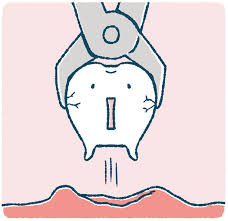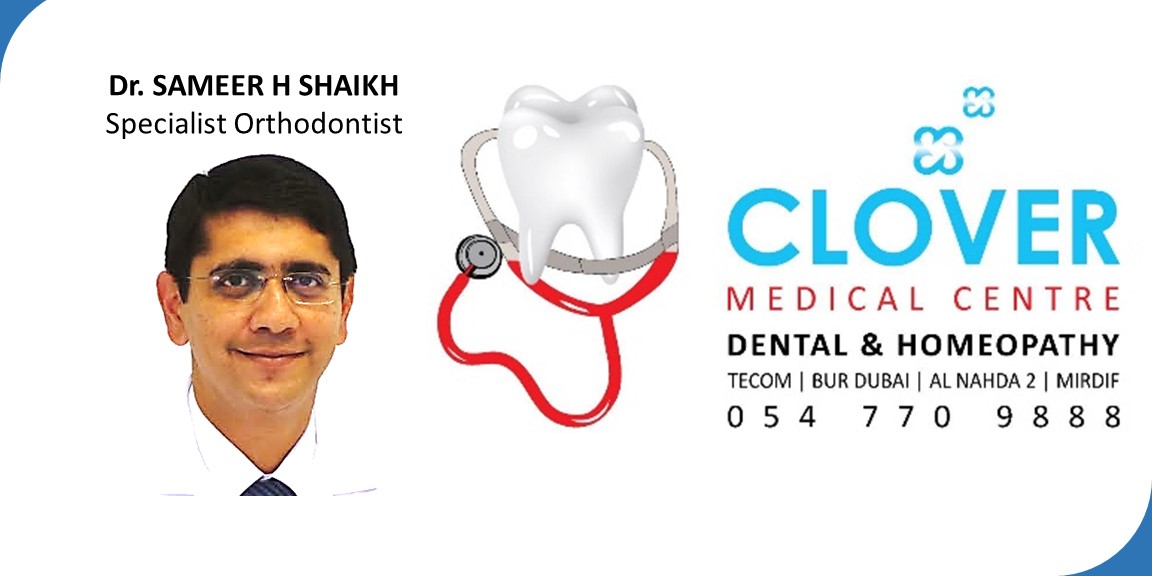How to Care For Your Mouth and Teeth After An Extraction

It is important that you follow proper methods to care for your mouth and teeth after you have had an extraction. Taking proper care will help prevent infections, reduce bleeding and speed up the healing process.
Control Bleeding.
After the extraction, the dentist will place a gauze pack over the tooth socket. Bite this firmly for at least half an hour. Remove the pack very carefully after 30 minutes. It is common for blood to ooze from the surgical area for several hours after the extraction. This is completely normal.
The socket is very sensitive to pressure. Avoid spitting or using a straw as this produces pressure in the mouth which can promote bleeding. If bleeding starts at home use a gauze pad by biting it firmly. If you do not have a gauze pad, use a cold wet teabag instead. Bite it firmly for half an hour to suppress the bleeding.
Try not to rub the area with your tongue to help the socket heal faster. Keep your head elevated at all times for 12 hours after the surgery. If you need to rest, use a lounge chair or prop yourself up using several pillows.
Smoking is a definite no. Smoking interferes with the healing process and will promote bleeding and cause pain. Do not smoke for at least 24 hours after the surgery.
Rinsing and Brushing.
The first 12 hours after surgery are very important. If you are careful during this time, the following healing process will be swift. During these 12 hours do not rinse your mouth and avoid brushing. After this period rinse your mouth with warm salt water every 2 hours and also after brushing. Brush teeth gently and try to avoid the surgical area.
Use pain relieving mouth rinsing solutions to deal with any sores that may develop.
Rest.
Rest is important. Most of the healing takes place when your body is at rest. Get 8 to 10 hours of sleep each night. Avoid any strenuous exercise including sports during the first 24 hours. Physical activity increases blood pressure and involves mouth movement, both of which can increase bleeding.
Diet.
During the first 24 hours switch to a soft or liquid diet and follow a nutritious diet that is high in protein. Drink plenty of fruit juices and water. However, avoid using a straw as this can cause bleeding. Also avoid hot food and foods that require excessive chewing.
Normally you may switch to a normal diet the day after you have your extraction. However, you may continue the soft diet if you don’t feel comfortable with normal food for a few days.
Swelling.
Swelling is a normal body reaction to surgical procedures like extraction. Usually swelling reaches its maximum magnitude about 48 hours after the extraction. The swelling may last for a few days. Use ice packs to control the swelling. Never apply heat as this will only promote the swelling.
If you take proper care you will not experience any serious discomfort after your extraction. A bit of extra attention relieves you of a lot of pain and problem.
